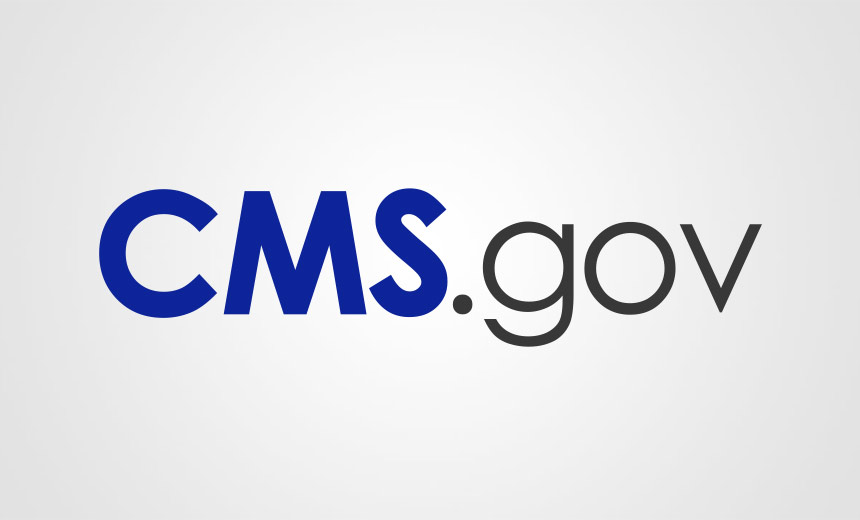Concerns Arise Over Musk’s Oversight of Health Data Access

Privacy experts are increasingly apprehensive about the implications of the Trump administration’s Department of Government Efficiency, spearheaded by Elon Musk, as it gains access to sensitive Medicare data. The collaboration aims to optimize governmental efficiency but raises alarms regarding potential breaches of Americans’ personal health information.
In a statement released on Wednesday, the Centers for Medicare and Medicaid Services (CMS), a significant entity within the U.S. Department of Health and Human Services, confirmed its collaboration with DOGE. This partnership reportedly involves Musk and his team investigating efficiencies within federal operations. Earlier reporting from the Wall Street Journal indicated DOGE personnel were on-site at CMS offices this week, actively searching for fraud indicators within Medicare payment systems. According to CMS’s fiscal year 2024 report, the agency managed approximately $1.5 trillion in payments.
CMS clarified that two senior officials—one specializing in policy and another in operations—are overseeing the cooperation with DOGE, ensuring that appropriate protocols for access to their IT systems are followed. The agency emphasized a careful evaluation of resources in alignment with President Trump’s objectives.
Concerns deepen as DOGE recently secured access to sensitive data from the Department of Treasury, including Social Security payment systems, which has intensified scrutiny surrounding data handling practices (see: White House Defends Musk Amid Sensitive Data Access Uproar).
Moreover, experts in privacy law and regulation warn that the access DOGE has to CMS’s IT infrastructure—which contains vast amounts of HIPAA-protected data—presents a multifaceted risk for breaches, whether accidental or intentional. Regulatory attorney Sharon Klein from BlankRome noted that CMS maintains both identifiable and de-identified patient data that could be vulnerable under such circumstances.
Klein stressed that unauthorized access to protected health information (PHI) has serious implications under HIPAA, suggesting any accessed data, regardless of its visibility to users, poses a potential violation. The intent of DOGE to root out fraud does not mitigate these risks, experts contend.
One regulatory expert commented on the frenzied pace at which DOGE seeks to explore these systems, expressing doubts about the legality of their data access protocols. While there’s potential for identifying fraudulent activities in federal healthcare programs, the expert voiced concerns over the adequacy of current compliance measures.
The uncertainty surrounding what specific types of data are being accessed within CMS—and how that data will be utilized—further complicates the situation. Privacy attorney Kirk Nahra emphasized the lack of clarity regarding the information flow from these developments. He remarked that while fraud remains a pressing issue within healthcare, the assertions about fraudulent activities made by DOGE appear to lack substantive backing at this stage.
Therefore, as DOGE embarks on its ambitious quest to enhance governmental efficiency, serious questions linger regarding the security of sensitive health information and the potential exposure of PHI, highlighting the need for rigorous compliance frameworks amid evolving data access dynamics.